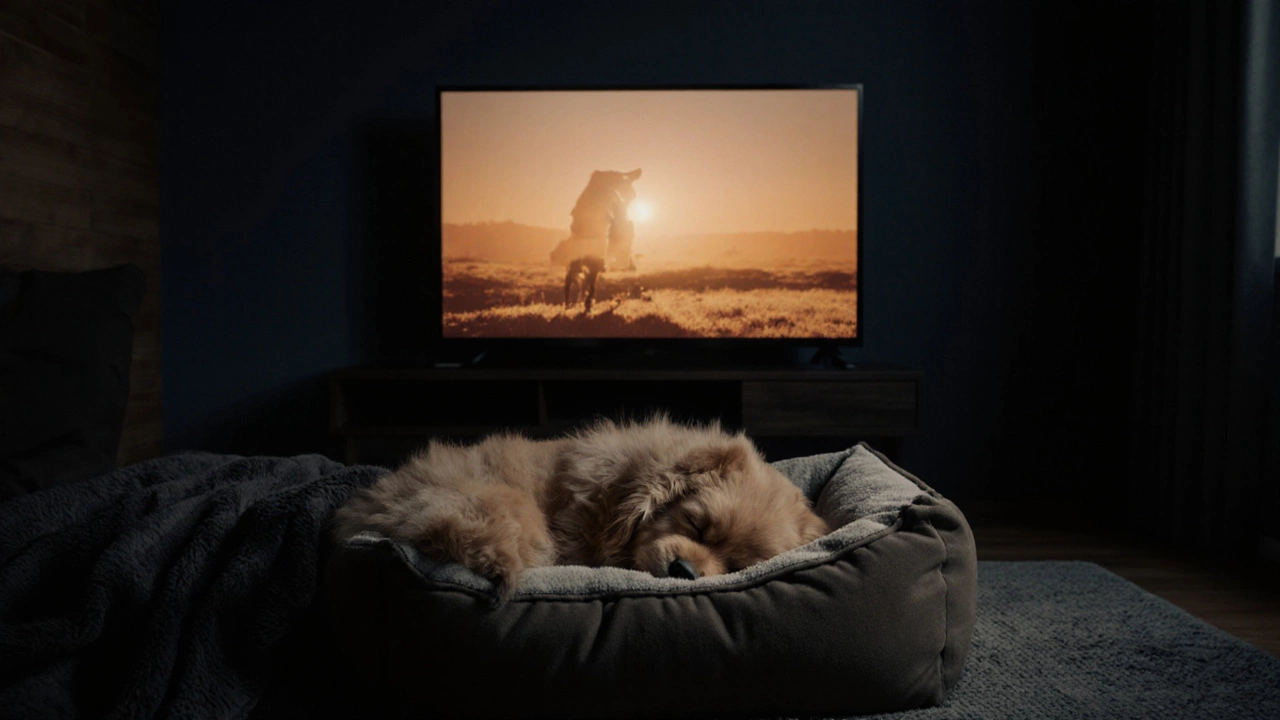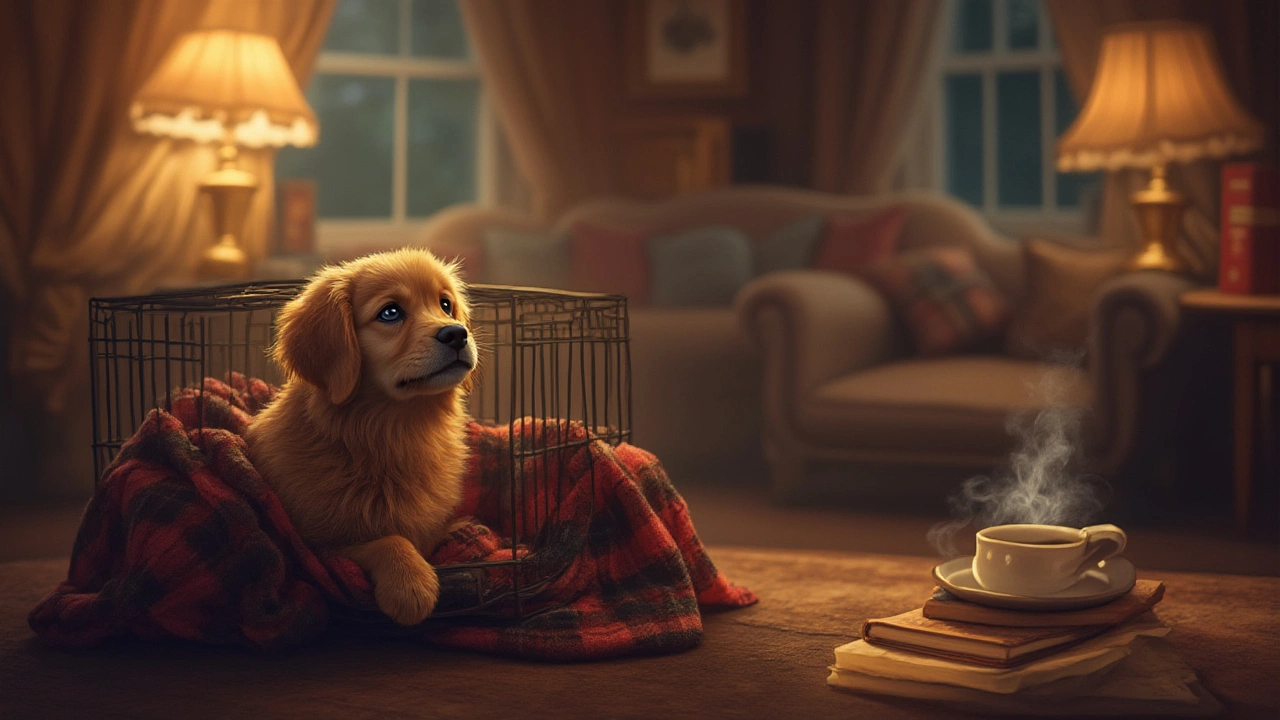Puppy Sleep Tips: Simple Ways to Help Your Pup Rest Easy
If your puppy is keeping you up, you’re not alone. Most owners face the same sleepless nights when a new pup arrives. The good news is that a few easy changes can turn chaos into calm. Below are the most useful tips you can start using tonight.
Set a Consistent Bedtime Routine
Dogs love predictability, so a short, repeatable routine signals that bedtime is coming. Begin with a quick walk or play session about 30 minutes before you plan to sleep. Let the puppy use the bathroom right after the walk – this cuts down on midnight accidents.
Next, dim the lights and turn off loud TV or music. A calm voice and a gentle pet can help your pup wind down. Offer a small, low‑calorie snack like a piece of kibble; this mimics a “last meal” feeling and can ease hunger‑driven waking.
Finally, place your pup in its sleeping spot – crate, bed, or a designated corner – at the same time every night. Consistency trains the brain that when the door closes, it’s time to sleep.
Create a Sleep‑Friendly Space
Where your puppy sleeps matters as much as when. A crate works well for many dogs because it feels safe and limits movement. Add a soft blanket and a chew‑safe toy for comfort, but avoid blankets that can be shredded into hazards.
If you prefer a dog bed, choose one that’s low to the floor and made of washable material. Keep the area quiet; a white‑noise machine or a fan can mask sounds that would otherwise startle a sleeping pup.
Temperature is another factor. Puppies can get cold quickly, so a slightly warmer room (around 68‑72°F) is ideal. In summer, consider a fan or a cool mat to prevent overheating.
Limit water intake a couple of hours before bedtime. Too much water means more bathroom breaks, which disrupts both of your sleep cycles. A quick bathroom trip right before lights out helps clear the bladder.
Exercise earlier in the day, not right before bed. A tired puppy is a sleepy puppy, but too much late‑day activity can leave them too wired to settle.
Finally, be patient. Some puppies take a week or two to adjust to a new schedule. If you hear whimpering, wait a minute before rushing in – they might settle on their own. If they keep crying, a brief check‑in without playing can reassure them without reinforcing the behavior.
By keeping the routine simple, the sleeping area cozy, and the timing consistent, most puppies learn to sleep through the night within a few weeks. Give these tips a try tonight and you’ll both be getting better rest soon.
- Morgan Ainsworth
- 0 Comments
Should You Leave the TV On at Night for Your Puppy?
Learn whether leaving the TV on at night helps your puppy sleep, explore safer sound options, and get a step‑by‑step guide to creating a calm bedtime routine.
View More- Morgan Ainsworth
- 0 Comments
Should I Cover My Puppy’s Crate at Night? Safe and Comfortable Solutions Explained
Thinking about covering your puppy’s crate at night? Discover the real benefits, possible risks, and simple tips to help your pup sleep better and feel secure.
View More

